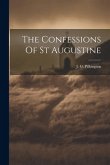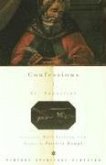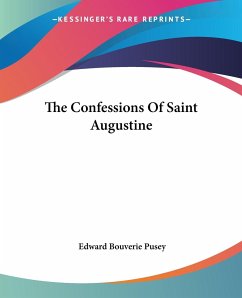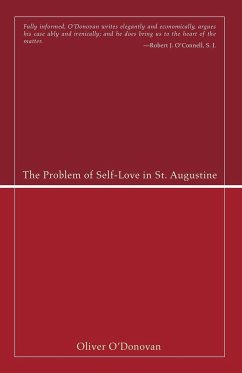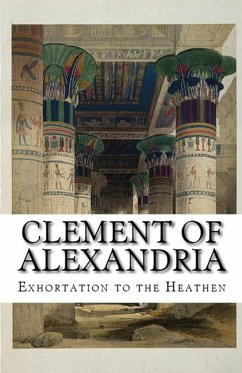"Augustine never thought of God without thinking of his sin, nor of his sin without thinking of Christ." St. Augustine grates hard against "the anatomy of evil" while dealing succinctly and honestly with his own proneness toward sin. From his infatuation with its initial beauty to the discounting of his previously wasted life, Augustine leaves little to the imagination regarding his need to be saved from himself. Most of Augustine's Confessions are spent in a nearly catastrophic tug-of-war. From insult and injury to passion, lost love, and the arts--this work leads through and beyond a world where God's timing is absolutely perfect. Nothing has really changed since then. Sin is still sin--and God is still God.
Hinweis: Dieser Artikel kann nur an eine deutsche Lieferadresse ausgeliefert werden.
Hinweis: Dieser Artikel kann nur an eine deutsche Lieferadresse ausgeliefert werden.

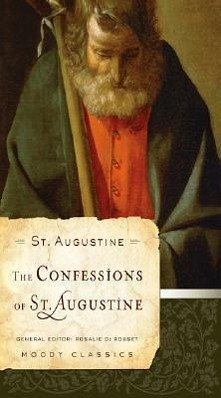
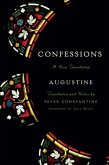
![The Confessions of St. Augustine [microform] The Confessions of St. Augustine [microform]](https://bilder.buecher.de/produkte/66/66136/66136296m.jpg)
